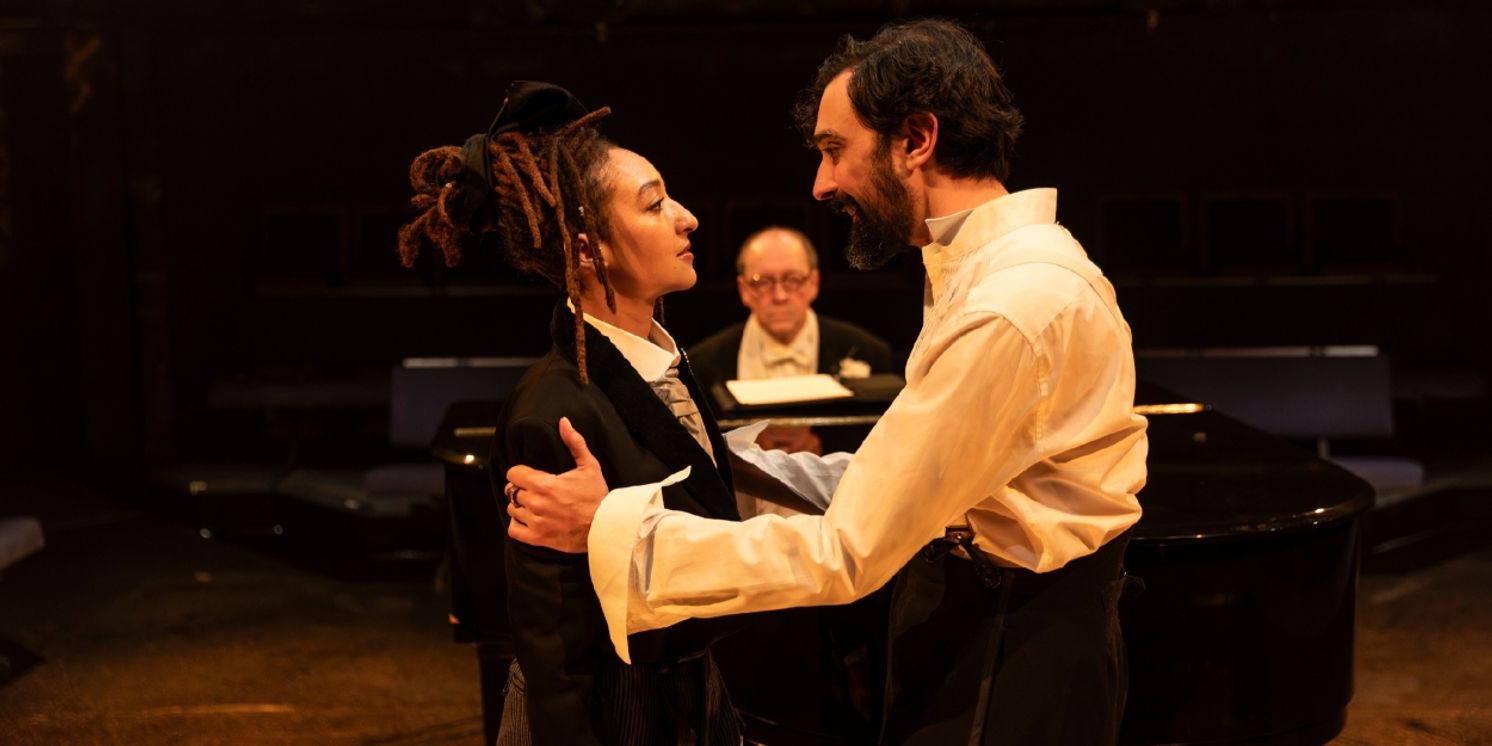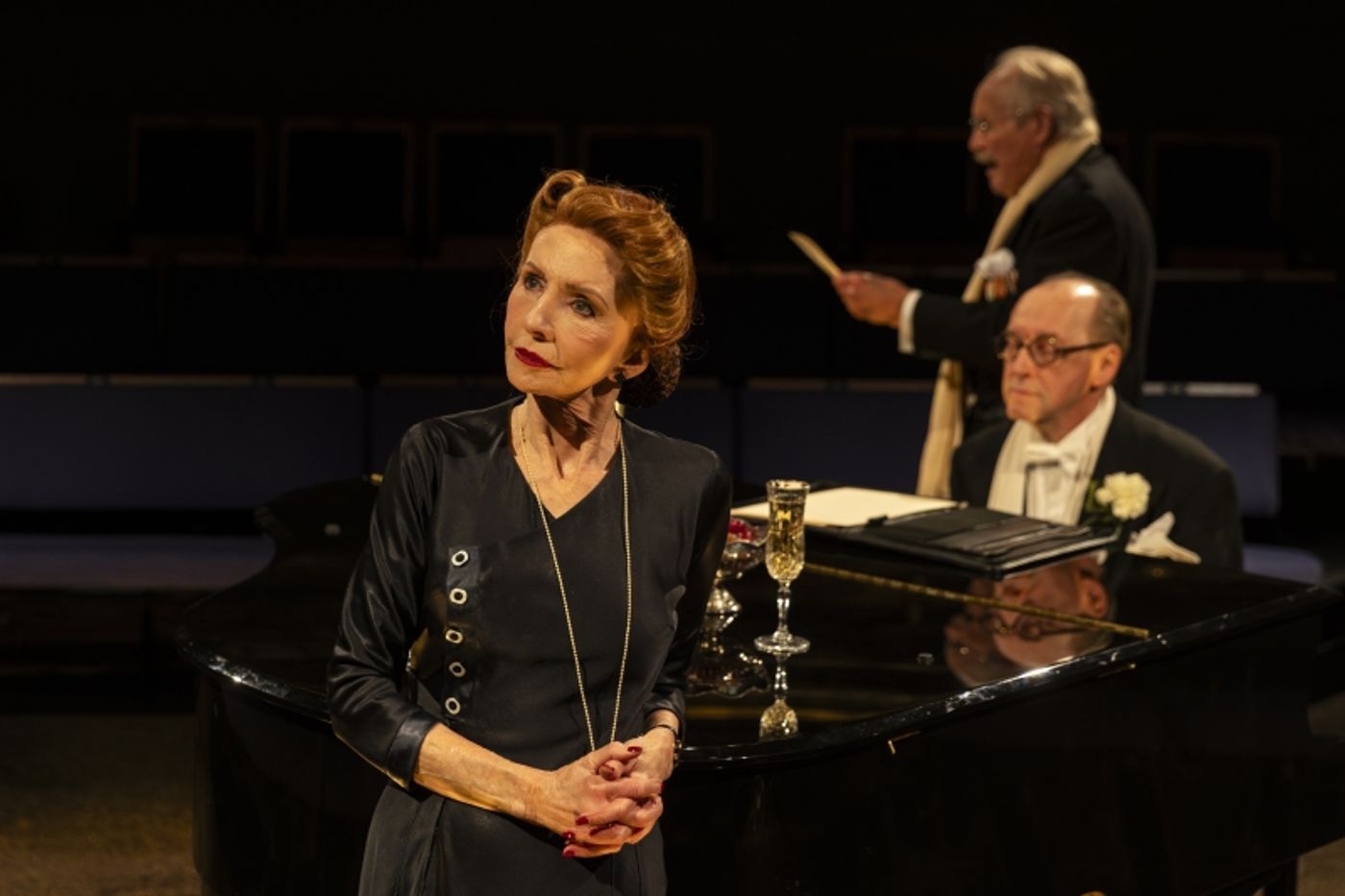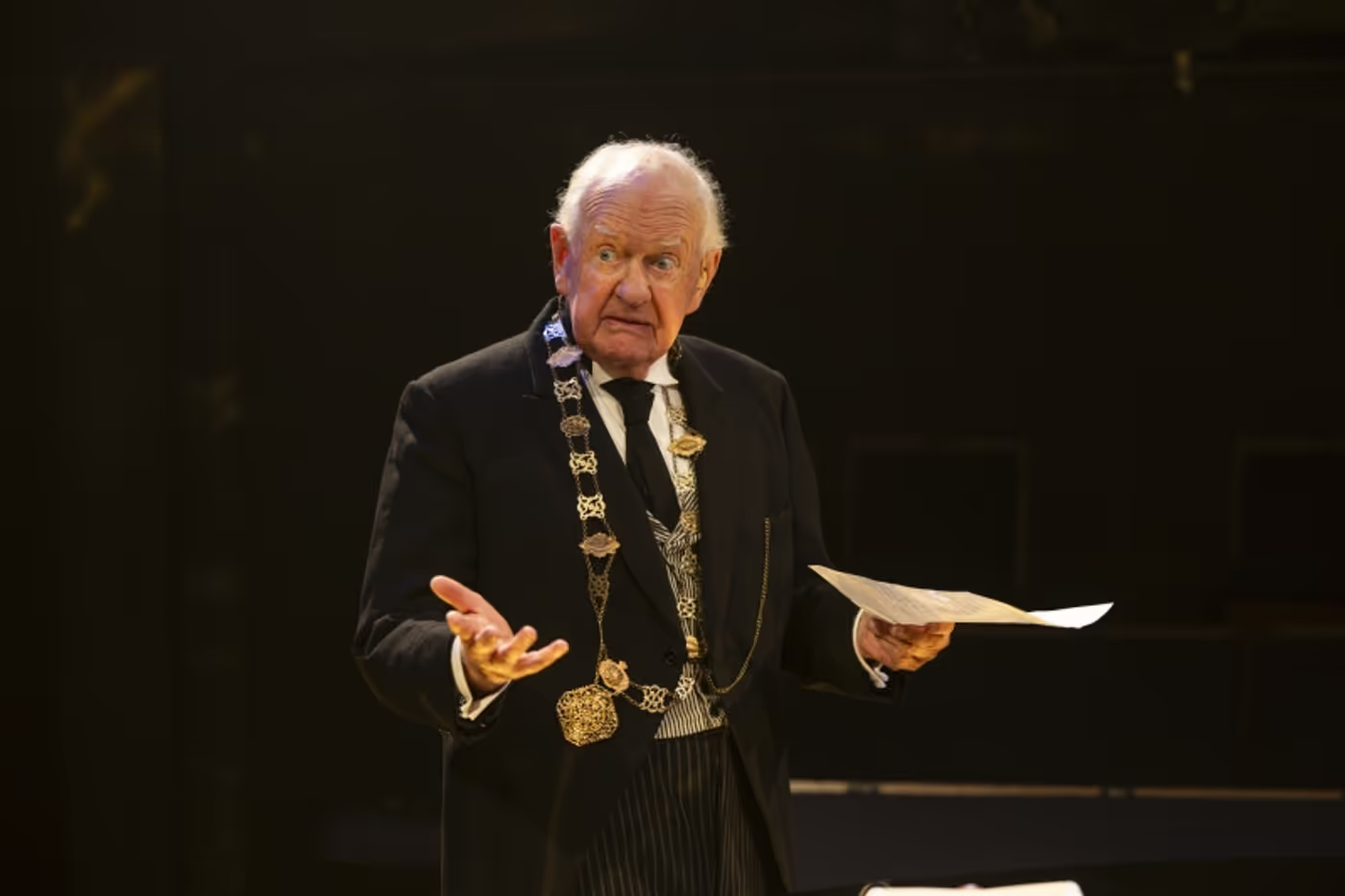
 I love Shakey when he’s done like this!
I love Shakey when he’s done like this!
After all these years, I still can’t dispel the residual smothering of O Level English Literature: iambic pentameter on day one, blank verse (verse? it didn’t even rhyme) on day two and on day three? I can’t recall as I was already dreaming of a very different kind of beauty in the next period, the certainty of solving quadratic equations. Teenage boys are confused enough, so a world sorted into right and wrong answers is very comforting.
Okay, after a few months and, especially, after unpacking the speeches of Brutus and Mark Antony on the steps of the Capitol and hearing them reflected by adults seeking to manipulate me, I caught Shakespeare's psychological genius and, not long after, the genius of the poetry too. Fast forward a few months and I put the two together and grasped that Power needed both elements in order to work fully - add a bit of deceit about true intentions, and yours is the Earth and everything that's in it. And don’t we know it?
But there’s another side to Shakespeare, the one that paid for the big house in Stratford Upon Avon, the one that packed the groundlings in with a penny in the box. That’s the raucous entertainer - the purveyor of jokes that would fit snugly into a Christmas cracker, of double entendres that would get a big Sid James cackle in a Carry-On, the farceur-in-chief to the Court of Queen Elizabeth. If ringmaster, Tom Littler, leaned any further into that Shakey in this production, he’d fall right out of his Orange Tree, which wouldn’t do at all, just as he’s finding his feet as Artistic Director.
He’s helped immeasurably by a cast who have nothing to prove and, in consequence, prove everything with a relaxed wit and wisdom that had me spending half my time laughing and half my time marvelling at the sheer craft on display, the accumulation of decades on stage - miraculously, no matter how many times they’ve been round the block, the old hands enjoy it as much as we do.
It doesn’t start like that at all. A bell tolls, people gather in mourning black, the names of the fallen displayed on panels in the drawing room of a country house. Late 1940s England was about to change, Atlee’s government were getting busy constructing the Welfare State, cities slowly rebuilt to house a generation looking forward to the end of rationing and, in Tilbury Docks, the HMT Empire Windrush was disembarking its passengers. Like Twelfth Night itself with regard to Christmas, we’re at the end of the long hangover of VE Day revels, but also at the start of something new, a world in which servants might marry knights, women might choose their husbands and others might be cast out into an uncertain future.

Though comedy on stage is a serious matter - think of the greatest of them all, Anton Chekhov - first and foremost it has to be funny. Everywhere you look (actually, the delight of this venue is that there are so few places to look, so tight is the space, especially when filled with a grand piano on a revolve) there’s someone doing something foolish, something ridiculous and, this being Shakespeare, something cruel.
None more so than the double act of Sir Toby Belch and Sir Andrew Aguecheek. This comic pair can come across too often as entitled overgrown public schoolboys, Hooray Henrying their way through the champagne and caviar, but Clive Francis and Robert Mountford offer so much more. Francis brings a vaudevillian’s mastery of physical comedy to the old soak and breaks the fourth wall (a very thin membrane in this show) at will. Mountford is just as good, finding a Lieutenant George energy that leavens his idiocy with an irresistible charm. Great fun, but also a set up for a ferocious heartbreaker of a sting in that unforgettable denouement.
Jane Asher’s Maria and Stefan Bednarczyk’s Feste enjoy themselves plenty as the scheming servants, La Asher’s Downstairs accent wobbling a little (though it makes no difference as it’s completely impossible to do anything other than think “That’s Jane Asher!” whenever she appears). Bednarczyk makes Feste a wry observer of the madness unfolding around him as much through his music and songs as through his spearing aperçus and riddles. You leave wondering if there’s any chance of them pairing up for a Sunday afternoon cabaret - if so, I’m in!
Meanwhile, there’s a love story of mistaken identities, ill-matched couples and sundered twins going on, not just in the background, but in the foreground.
Patricia Allison is excellent as the fulcrum around which so much turns. Her Viola is alone in a new country, but gets the gig as a go-between for Duke Orsino (Tom Kanji), after presenting as a man called Cesario. Yep, you guessed it. The object of the Duke’s affections, Olivia (Dorothea Myer-Bennett, very funny) falls for Cesario, and Viola/Cesario falls for the Duke. And so the triangle is closed. Meanwhile, Viola’s twin, Sebastian (Tyler Jo-Richardson) and his (let’s say) admiring servant, Antonio (Corey Montague-Sholay) are making their way towards the Duke’s court, each sibling believing the other dead. Good and bad outcomes are lined up - which will it be?

Saving the best ‘til last, Oliver Ford Davies effortlessly steals the whole damn show as Malvolio, the pompous butler taken down a peg or two (a peg or two too many, if truth be told) by the unholy trinity of Sir Toby, Maria and Feste. The comic timing is impeccable, the pathos wholly earned, the acting dazzling enough to be hung in The Louvre. Sometimes the cruelty of Malvolio's treatment overwhelms a play packed with humour, but there’s one last treat left for us at the piano. After all, it is the season to be jolly.
Twelfth Night at the Orange Tree Theatre until 25 January
Photo images: Ellie Kurttz
Reader Reviews
Videos

